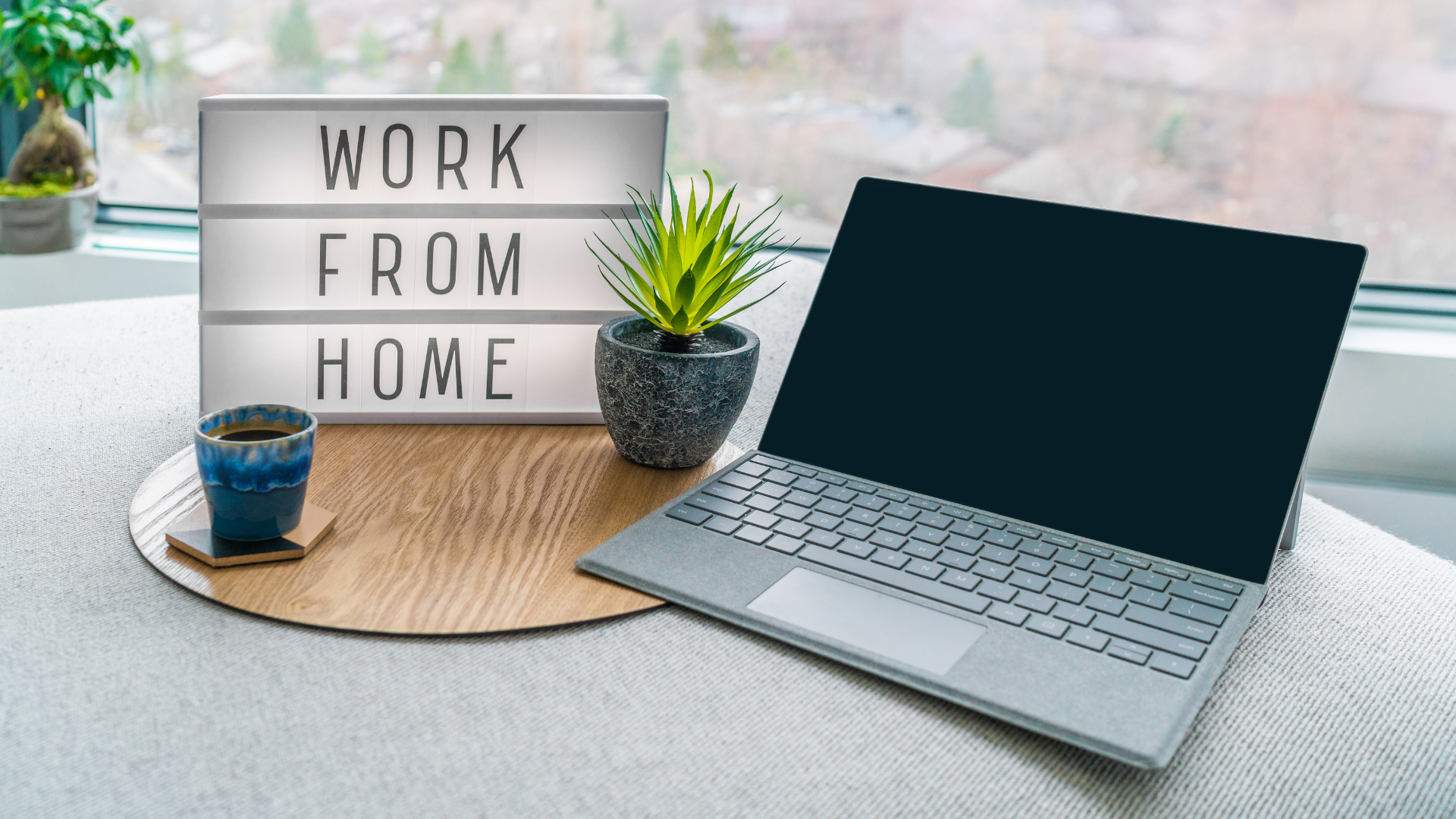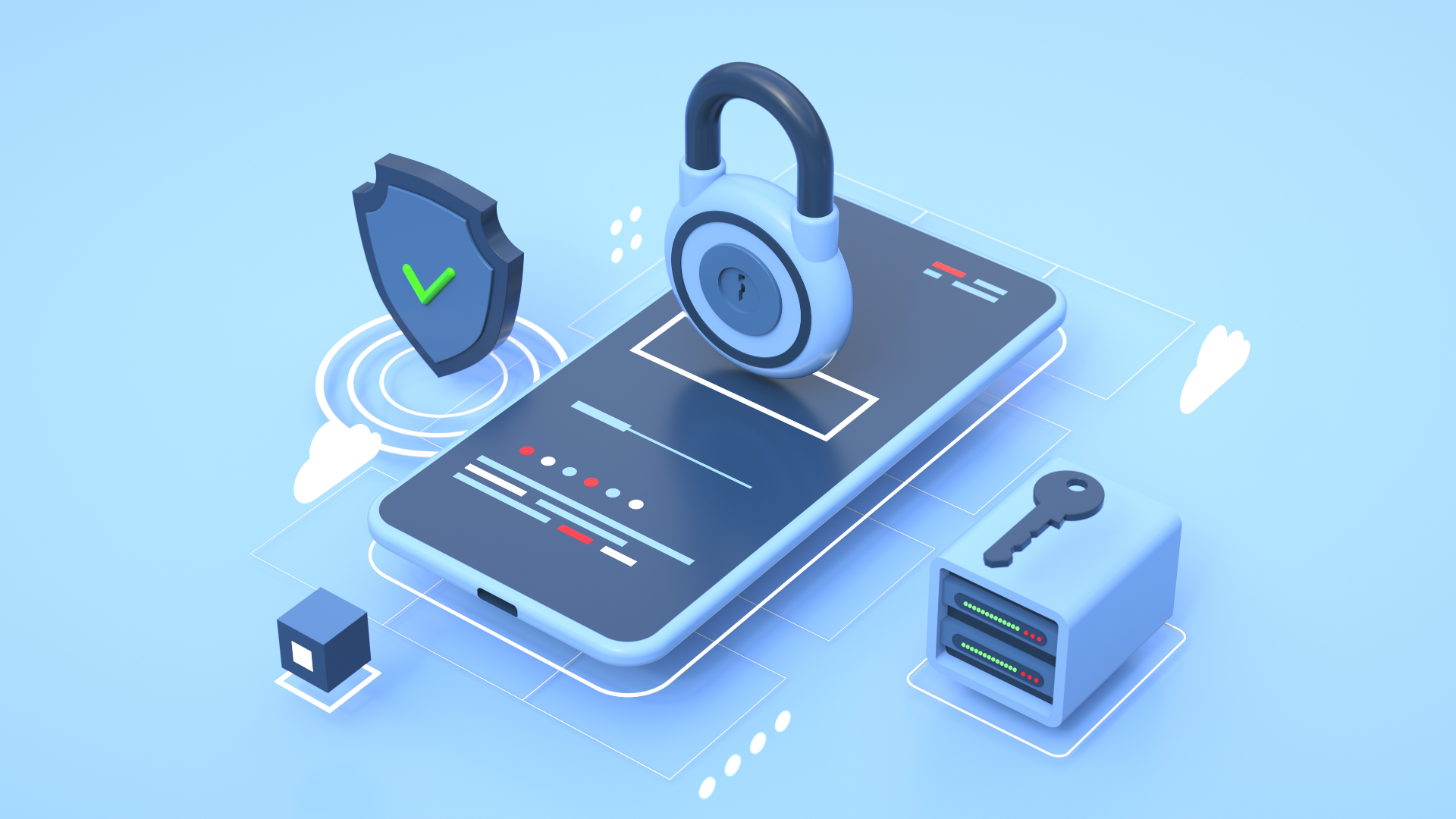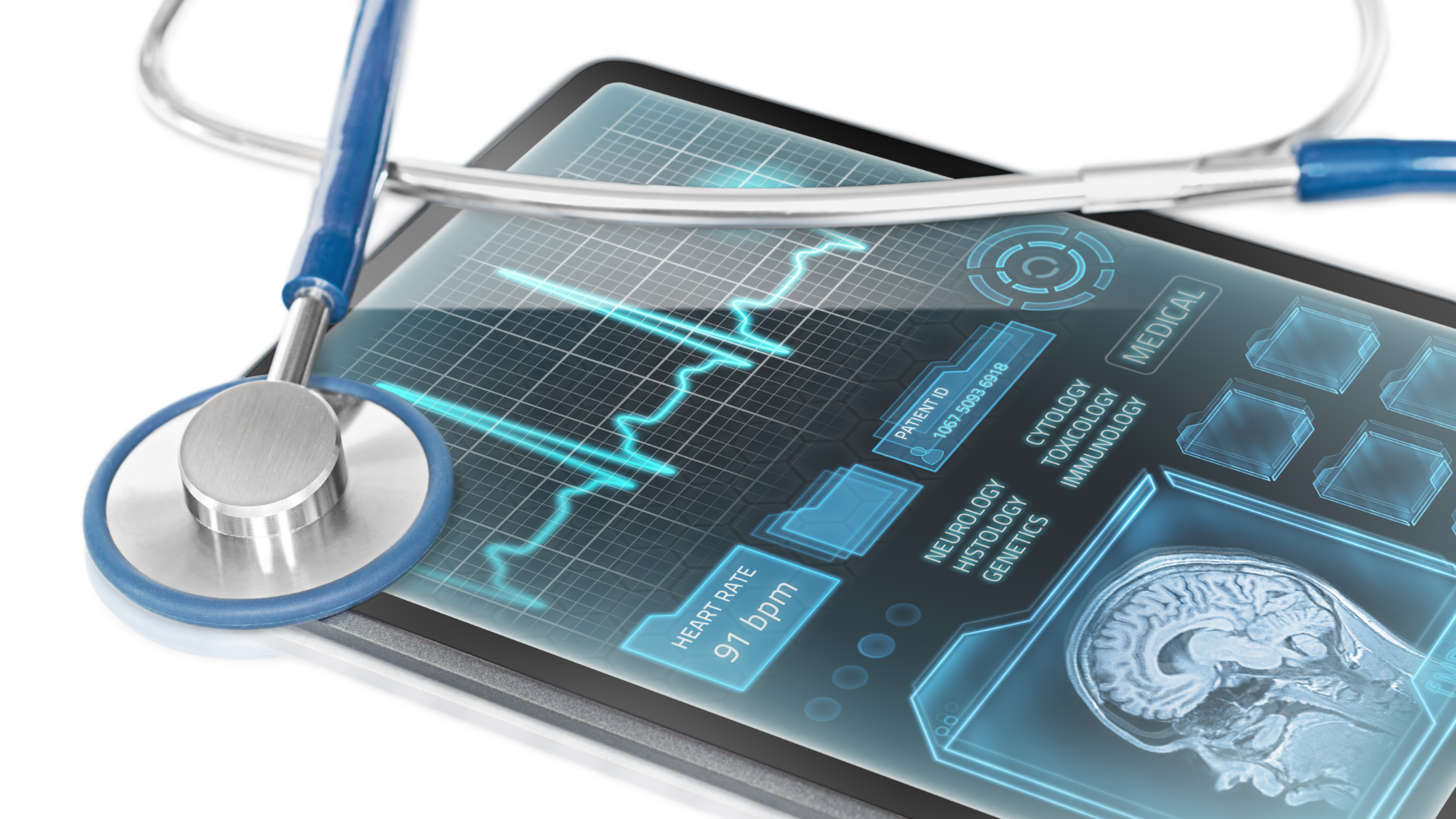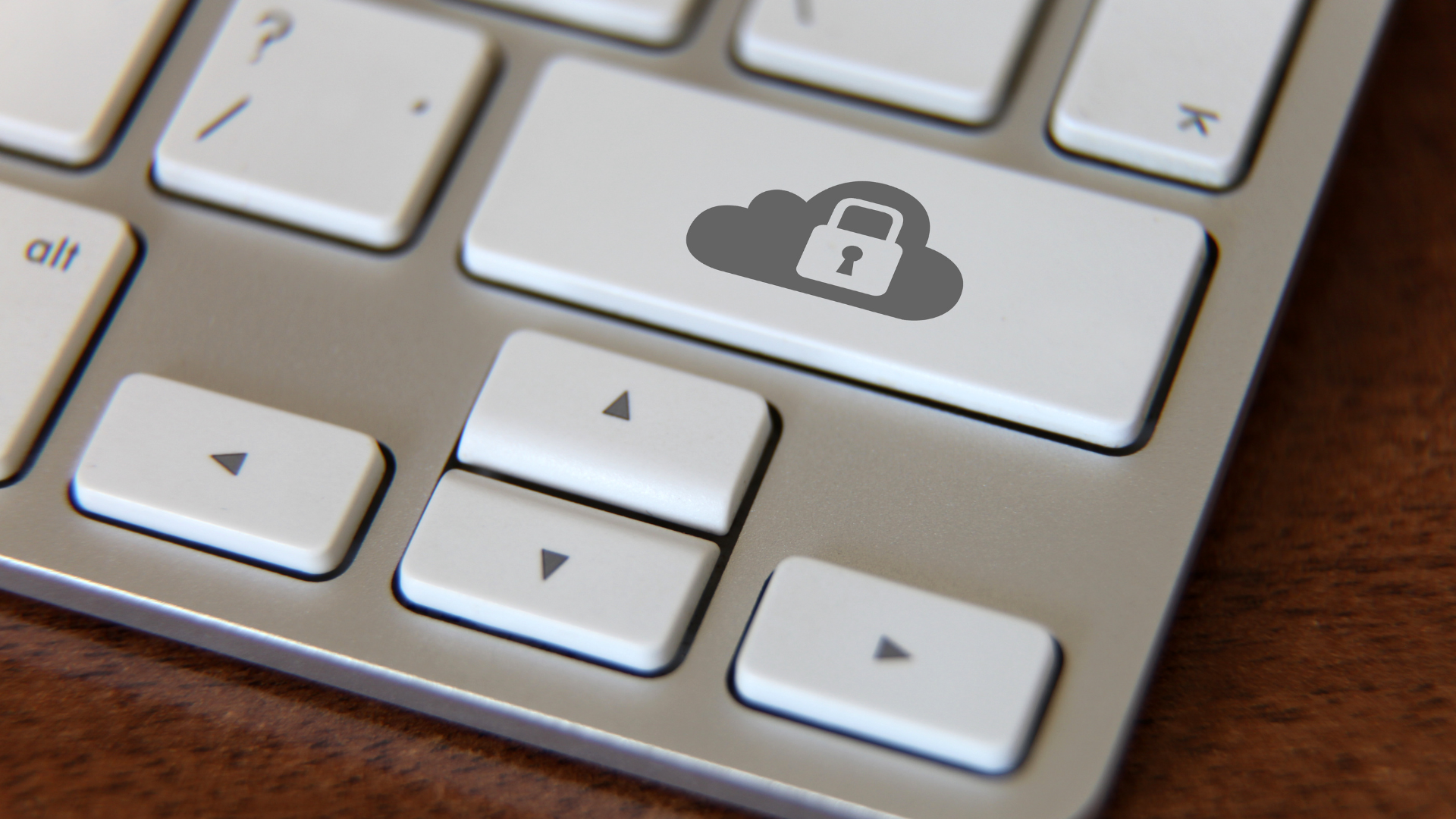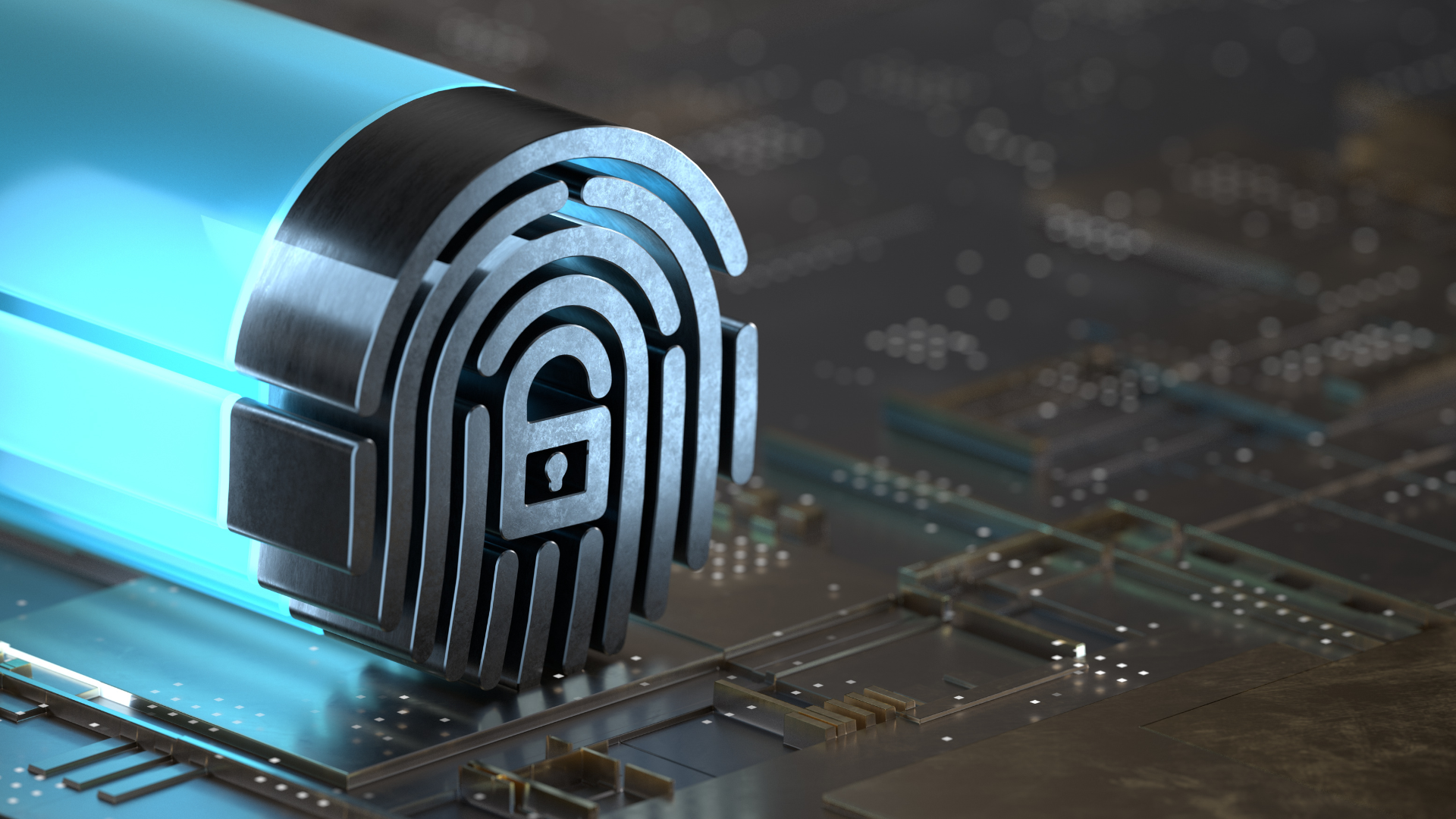Hybrid Workplace Vulnerabilities and How to Fix Them
Cybersecurity risks are always a concern for any business, but the healthcare industry is one of the most vulnerable. It’s easy to see why: health records can be extremely valuable for hackers to steal and sell on the black market. Since hybrid work has become more prevalent, this issue has grown exponentially.
The way we live and work has changed profoundly since the COVID-19 outbreak. Despite the slow return of companies to offices, approximately
40% of U.S. workers continue to work remotely.
The cybersecurity risks have now become permanent, regardless of whether employees are on site or remote.
The Rise of Hybrid Model of Work in Healthcare
With the coronavirus crisis still unfolding, many healthcare facilities are looking for ways to keep patients safe and staff healthy. Some medical facilities have adopted a hybrid work model. This allows employees to work from home or anywhere with good internet service while reducing COVID-19 transmission.
This change in the way healthcare is delivered is one of the most significant shifts that has ever occurred in the history of healthcare. We've all heard of the shift towards value-based care, but the rise of the hybrid work model is even more profound.
Hybrid work combines the best of remote and office-based working. However, understanding the security pitfalls of a hybrid model and taking steps to avoid them is essential to getting the most out of it.
Top Cybersecurity Risks in Hybrid Healthcare Environments
Hybrid work environments allow employees to work from home, in coffee shops, or anywhere else they choose. But that convenience comes with a cost.
Employees work from different locations, and they’ll need to access company data to work on their tasks and collaborate on projects successfully. This means that companies must have a way to protect the data, whether it's in the cloud or on a local network.
There have been increasing concerns regarding the security of hybrid healthcare environments, and how to protect patients and employees from cyberattacks. These are the top cybersecurity risks that hybrid healthcare offices face:
Poor Internet Security at Home
Cybercriminals are increasingly targeting those working at home since they are less aware of their risk and less prepared to defend themselves.
Most companies think of securing their remote employees' computers and mobile devices, but don’t consider the risks that their employees' WiFi networks at home could pose.
Many people are aware that they need to update their smartphone or antivirus software, but they overlook updating their home router’s firmware. Just as with smartphones, not updating your router's firmware can result in security gaps, which could lead to future data breaches.
In addition, while many practices have firewalls in their clinics to monitor network traffic and block malicious activity, most home networks don’t.
Remote Workers Share Their Devices With Other Users
Remote workers likely share their devices with other users at home, especially if they’re using their own computers. This exposes them to malware and ransomware attacks, which can encrypt all their files and make them inaccessible for ransom or sale on the dark web.
Many remote workers also use public wifi networks to access company networks and systems, increasing their risk of attacks from hackers looking for unsecured connections.
Remote Employees Are More Vulnerable to Social Engineering
Even the most powerful security software can be bypassed by using social engineering tactics. It is a common attack vector used to gain access to remote workstations.
A social engineering attack is a form of hacking that relies on human interaction. It is the act of manipulating people into performing actions or divulging confidential information. It’s often carried out over the phone, email, or in person.
Remote employees are more vulnerable to social engineering attacks because they don’t have the same protection as their counterparts in an office setting.
An attacker might send an email or call one of your employees pretending to be someone who needs access to your health records. Other times they might pose as an IT technician and offer purportedly helpful advice about your remote staff’s computer issues at home.
It only takes one mistake to cause a significant breach, which could potentially cost your organization a lot of money.
Inadequate IT Support for Remote Healthcare Workers
Nurses and physicians working from home might not have access to the same resources as those working on clinic premises. There’s no surprise that they are at increased risk of being hacked because they have little to no control over the security of their environment.
Remote healthcare providers don't always have access to their IT support staff, making it difficult to resolve issues quickly. For example, sensitive data can be stolen when their emails are compromised. If an IT guy was nearby, the problem could’ve been fixed.
Additionally, many small and mid-sized clinics do not have the staff or budget for a full IT department. Even if they wanted to, they simply don’t have the resources to provide their on-site and remote employees with adequate IT security.
How To Secure Your Hybrid Workspace
As hybrid environments evolve, they create new opportunities for hackers to target these systems, especially if they lack adequate security. Maintaining the security of your medical clinic’s hybrid workspace is of critical importance to the safety of your patients and your clinic’s data.
Here are ways to reduce the risks of cyberattacks to your hybrid environment:
Use a Virtual Private Network (VPN)
The security risks associated with an open work network are too great to ignore. With a VPN, your traffic is encrypted and routed through a secure server. It prevents hackers from accessing sensitive information, even if they're connected to your network. It will also provide access to government-protected websites that are blocked in your country.
A VPN is often used in healthcare organizations because it provides the following benefits:
- It allows employees to work remotely without compromising security.
- It allows employees to access data from home or while traveling.
- It boosts the security of telehealth applications.
- It provides anonymity online.
- It’s easy to set up and use.
Use Multi-factor Authentication (MFA)
Multi-factor authentication (MFA) is a critical security measure for all types of organizations, but has special significance for a hybrid workplace. It provides a second layer of protection to your home office environment.
MFA is a security measure that requires the user to provide two or more forms of identification to prove their identity before they’re granted access. For example, you’re required to enter a username and password to log in to a healthcare portal, then enter a unique code that you receive through text message or email.
Your medical practice can't afford to lose patient data due to a cyberattack or malicious insider. The use of MFA lowers the risk of someone getting access to sensitive information.
Invest in Managed Firewalls That Protect Your Remote Workers
Medical practices that don't take the necessary precautions will risk losing valuable data and even shutting down completely. That’s why it’s crucial to invest in managed firewalls designed to protect healthcare organizations’ networks and computers.
Managed firewalls were originally designed for large corporate networks, but more recently, they have become available to small- and mid-sized businesses as well as individual users.
A properly managed firewall can prevent costly data breaches. For example, when an unauthorized user tries to access your files remotely, the firewall stops them and alerts your IT team.
In addition, a managed firewall solution allows you to identify which websites your employees should have access to. Custom settings can even be created to block problematic websites.
Provide Remote Employees With Work Computers So They’re Not Forced to Use Personal Devices
Data breach costs in the United States grew by $137,500 because of remote work during COVID-19. At the early stages of the pandemic, many employees were left with no choice but to work from home using their personal devices. Obviously, the chances of getting hacked were high.
The healthcare industry faces even higher risks due to the sensitive nature of patient data. So when it comes to purchasing computers for your remote employees, you shouldn't be afraid to spend money.
Aside from the security benefits, employees will also be more productive and efficient since you can install a time-tracking tool to monitor all their computer activities. Of course, some may object to this, but your staff should understand that your primary concern is keeping the organization and its patients safe.
Buying new computers also means getting the latest operating system. This way, your devices won't have performance issues. You'll also eliminate the concern of being out of compliance because of outdated technology.
Investing in new computers and the necessary software tools can be costly. So it's important to find
a trusted seller that can give you a considerable discount.
Educate Your Staff on the Importance of Secure Work Practices
Your employees’ work habits are the single biggest threat to your business, regardless of industry. If you don't do something about it, your patients' health will be put at risk.
Your patients entrust you and your staff with their medical information. That’s why you need to educate your staff on the importance of being cautious and diligent with their online activities. There should be a clear understanding of the risks of not following policies and procedures.
Remote healthcare workers need to be educated on how to stay safe online, which includes recognizing phishing scams and other types of cyberattacks. They should also be trained on what to do in the event that they’re hacked.
If you don’t have the knowledge and experience in healthcare cybersecurity, you don’t have to do it by yourself. There are
trusted professionals specializing in healthcare cybersecurity who can provide help. Intensive training sessions coupled with
simulated phishing campaigns conducted by healthcare cybersecurity specialists can significantly enhance your organization's security.
Partner With an IT Service Provider Capable of Protecting Hybrid Work Environments
Many IT service providers struggle to keep up with the demand for hybrid work environments. Some don't have the manpower to oversee all of their clients. Some are generalists who don't have in-depth knowledge of their client's industries.
When it comes to IT, you need a team that understands your complex, ever-changing business needs. Having an IT service provider without industry-specific knowledge can lead to serious compliance issues that could result in fines, lawsuits, and even the closure of the company.
Your IT team should be able to provide robust protection for hybrid environments, particularly if you are in the medical industry. Make sure to partner with an IT provider that has a proven track record in delivering critical IT solutions to healthcare organizations.
Secure Your Hybrid Clinic With Healthcare-focused IT
The emergence of the hybrid work model is changing the way healthcare is delivered. If you haven't addressed the items mentioned in this article, your hybrid environment may not be optimized and you’re putting your patients’ data at risk.
We won't see the end of this new way of working any time soon so it’s crucial to make sure you're protected from the risks that come with it. You need an IT partner who can help you protect your data and keep it safe in a hybrid work environment.
ER Tech Pros has a proven track record of helping healthcare organizations of all sizes secure their hybrid work environments. Let us help your practice before cybercriminals exploit its vulnerabilities. Our free security assessment will help you get started.
Search Articles
Healthcare & Tech Articles

ER Tech Pros is a managed service provider (MSP) that specializes in catering to the IT needs of businesses across the globe. We have offices in Sacramento and the Greater Fresno area.
We use our cutting-edge technology, extensive experience, and global team of technology experts to ensure your IT network is in its most secure and optimal state.
We focus on your IT so you can focus on growing your company.
8795 Folsom Blvd, Ste 205
Sacramento, CA 95826
1501 Howard Rd, Ste 2
Madera, CA 93637
(855) ER-TECH-1 / (855) 378-3241
info@ertech.io
Resources
Search this Site
ERTech Pros | All Rights Reserved.

